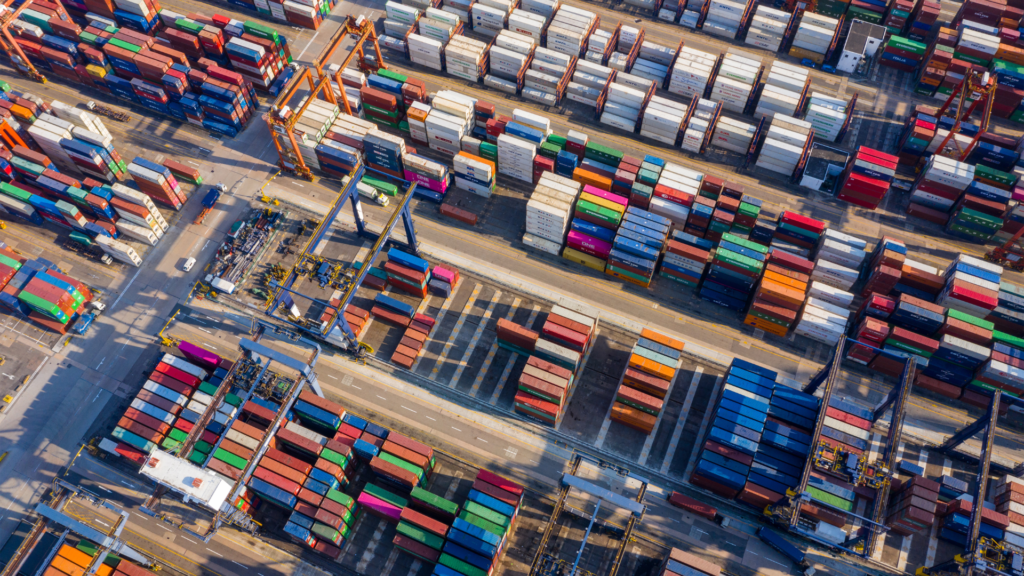The US, Taiwan, and China and Supply Chain Stabilization.
Your weekly All-Ways round-up of supply chain news.
Taiwan Trade Talks
The US and Taiwan are holding more trade talks in Tapei this month. The expansion of the ties between the two countries is exasperating an already shaky relationship with China.
The Indo-Pacific Economic Framework which Biden initiated in May intends to weaken China’s influence by diversifying trade in the region. Next week, more trade talks will incur as part of the US-Taiwan Initiative on 21st Century Trade which will help facilitate trade and regulatory practices.
In response to the deepening of the relationship between the two countries, China has ramped up its military presence surrounding the island. China intends on taking control of Taiwan with its “one country, two systems” motto, a governance module that Taiwan firmly rejects.
China has heavily criticized the US’s trade talks with Taiwan stating that it “is always against any country negotiating economic and trade agreements of sovereign implication or official nature with China’s Taiwan region.”

Catching a Break
New normal - a term that strongly emerged with the onset of COVID. 3 years later, the normalization of the supply chain is still a dream, not a reality. So what is the new normal, you ask?
“The new normal is that change is constant,” said John Janson, senior director of global logistics for apparel importer SanMar. “What will be the disruptor we don’t see coming?” Between labor disruptions, unforeseen geopolitical crises, and everything else in between, there seems to be no end in sight.
Although things are far from where they were pre-pandemic, an equilibrium is emerging. Rates are slowly correcting themselves, a clear indication that normalization of operations is on the horizon.
The key forward is to “build resilient supply chains and transportation partnerships,” said Jeff Tucker, CEO of third-party logistics provider (3PL) and brokerage firm Tucker Company Worldwide.
Demand Softening
In addition to consumer spending being shifted from goods to services in recent times, overstocking of US warehouses has been a big contributing factor to the decline in import demand.
“Lower demand will allow global supply chains to progressively improve, even if it still remains elevated in some geographies,” said Søren Skou, CEO of A.P. Møller - Maersk Group, in November. “It will certainly also help Maersk deliver a more reliable ocean service, which is what we aim to do.”
Through continuous innovation, normalization will not only be attained, but supply chains will become more robust and be able to better weather future, yet inevitable, disruptions.


